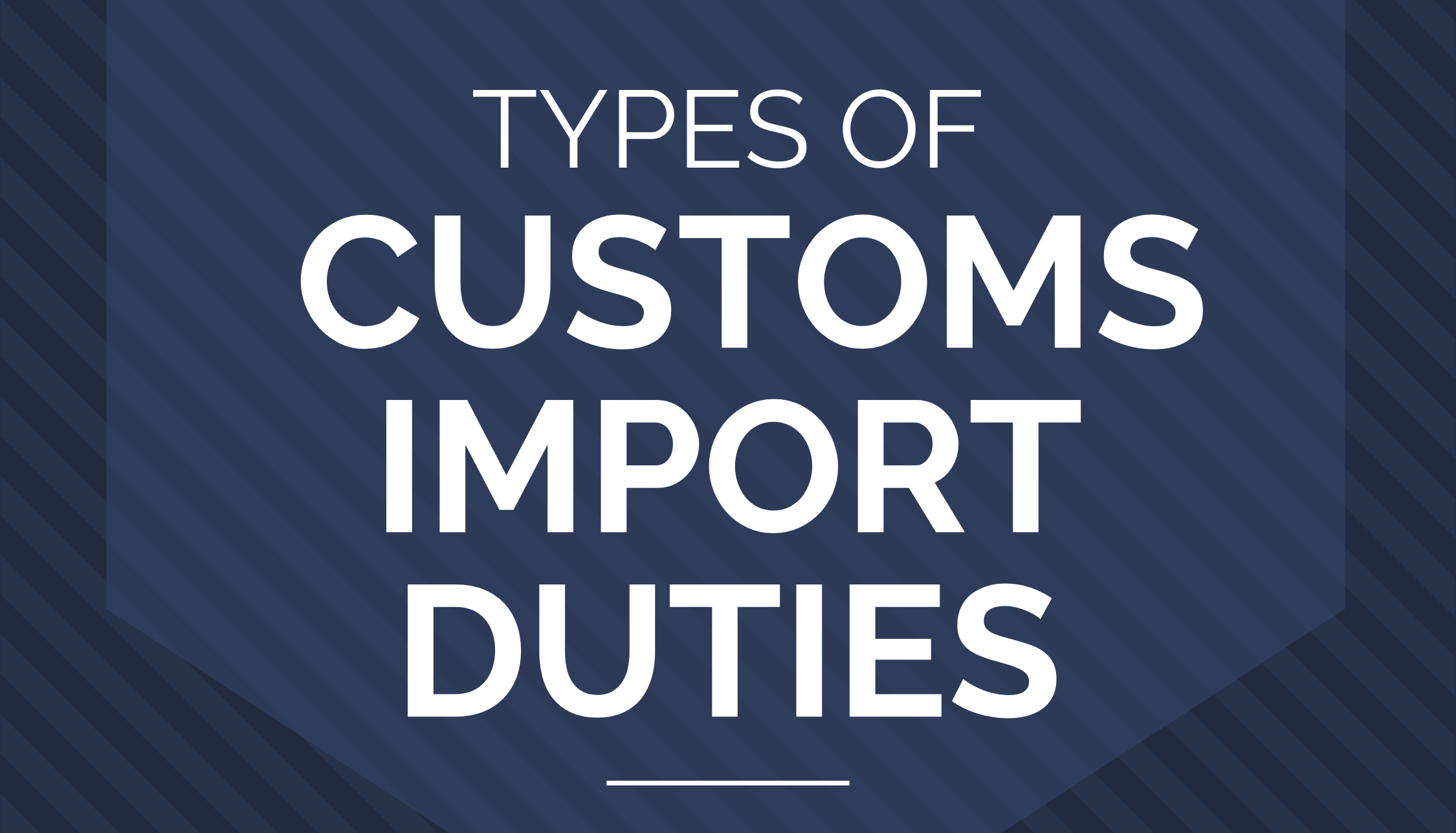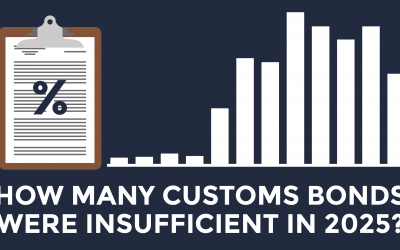When importing into the United States, shippers should have an understanding of the different types of duties they will be required to pay upon entry.
Customs Duties are an indirect tax imposed on goods imported into the United States. The government collects customs duties to protect the economy, citizens, jobs, environment, and more by controlling the flow of goods, primarily restricted and prohibited goods, in and out of the country. United States Customs and Border Protection (CBP) is responsible for collecting import duties.
There are different kinds of Customs duties applied in the United States:
- Basic Customs Duty (BCD)
- Countervailing Duty (CVD)
- Anti-Dumping Duty (AD)
While these are the basic import duties associated with importing into the United States, it is essential to note that other countries have different types of import duties associated with their trade practices.
Basic Customs Import Duties (BCD)
A basic customs import duty is the basic duty imposed on imported goods. To calculate the basic duty an importer owes for their goods, they must classify their imports using the Harmonized Tariff Schedule. Importers are responsible for correctly classifying their goods. The Harmonized Tariff Schedule (HTS) is a system of names and numbers used to classify goods and calculate the proper duty.
Basic customs duties imposed on imported goods can be levied on an ad valorem basis or at a specific rate.
- Ad valorem: Calculated as a percentage of the value of imported goods. (% of the total value of imported good)
- Specific: Calculated based on weight or quantity of imported goods. ($ per unit of imported good)
Countervailing Duties (CVD)
Countervailing duties are imposed on subsidized imports from other countries. This is also known as an additional duty. Countervailing duties vary according to the good’s country of origin and type of goods. Foreign governments occasionally provide subsidies and tax reliefs to manufacturers so they can sell their merchandise at a lower price. Countervailing duties are generally equivalent to the subsidies offered by the foreign government to level the playing field.
Under these circumstances, countervailing duties are levied by importing countries. This prevents these low-priced imports from having an advantage in the local market, putting locally produced products at a disadvantage. Countervailing duties are in addition to the basic duty assigned to a commodity.
Anti-Dumping Duties (AD)
Anti-dumping duties were created to protect local industries and combat international price discrimination, otherwise known as dumping. Dumping occurs when foreign firms sell goods in the U.S. market at a price lower than the normal value of the merchandise. The normal value of a product is the price the foreign firm charges for a comparable product sold in its home market. Dumping can also be identified by comparing the foreign firm’s U.S. sales price to the price the foreign firm charges in other markets. Dumping may be done with the intention to sell imported products at a lower value than the normal value to gain an unfair advantage or to get rid of excess stock.
When dumping is identified, mandatory anti-dumping duties, also known as safeguard duties, are levied on goods deemed to have been imported below the market rate. Anti-dumping duties vary according to the country of origin of the imported goods and type of goods. Anti-dumping duties are in addition to the basic duty assigned to a commodity.







